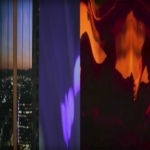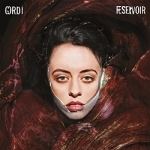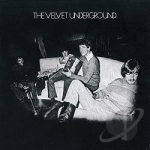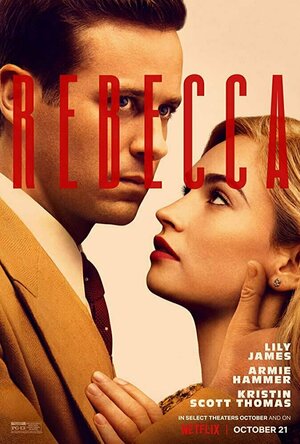Entertainment Editor (1988 KP) shared own list
Oct 19, 2017

No Home of the Mind by Bing and Ruth
Album Watch
New 2017 album ... now on 4AD! Percussive piano tones 'n' warbling tape delays from the minimal New...
dance electronic
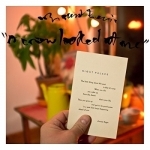
A Crow Looked at Me by Mount Eerie
Album Watch
A Crow Looked at Me is the eighth studio album by Mount Eerie, the solo project of American musician...
alternative rock
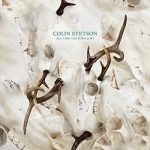
All This I Do for Glory by Colin Stetson
Album Watch
"All this I do for glory" is a reasoning and exploration of the machinations of ambition and legacy,...
alternative rock

Ecce Homo by Felicita
Album Watch
The most surprising aspect of the album Ecce Homo is knowing what enigmatic London-based producer...
experimental instrumental
and 1 other item
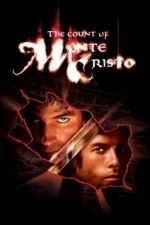
The Count of Monte Cristo (2002)
Movie Watch
The classic story of an innocent man wrongly, but deliberately imprisoned and his brilliant strategy...
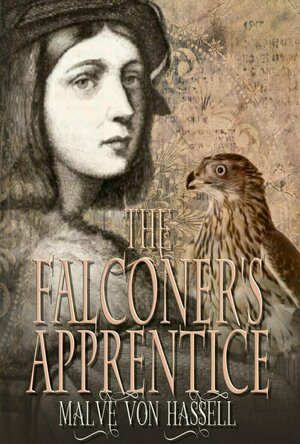
The Falconer's Apprentice
Book
THE FALCONER'S APPRENTICE is a story of adventure and intrigue set in the intense social and...
Historical Fiction Holy Roman Empire Frederick II Castel del Monte Falconry Medieval Medicine
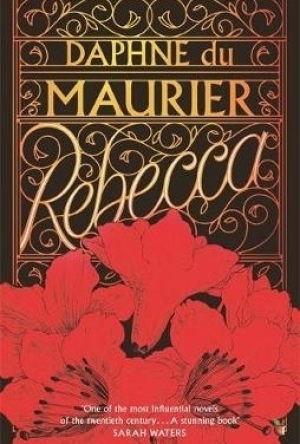
Rebecca
Daphne du Maurier and Sally Beauman
Book
Last night I dreamt I went to Manderley again ...Working as a lady's companion, the orphaned heroine...
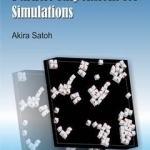
Modeling of Magnetic Particle Suspensions for Simulations
Book
The main objective of the book is to highlight the modeling of magnetic particles with different...
Brian Eno recommended Velvet Underground by The Velvet Underground in Music (curated)
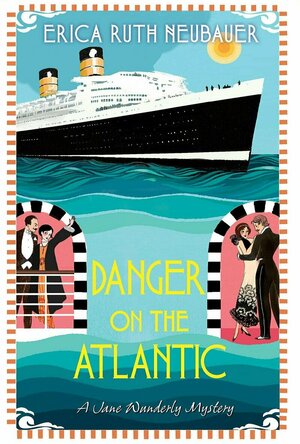
Danger on the Atlantic
Book
In Agatha Award-winning author Erica Ruth Neubauer’s third wanderlust-inspiring historical...
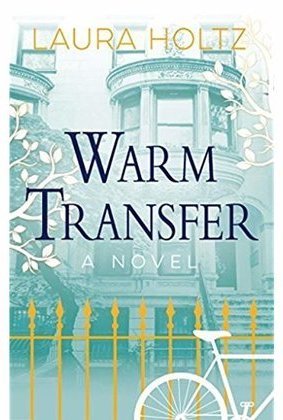
Warm Transfer
Book
For any woman who has sought to reinvent herself comes a story of courage, potential and finding...
Sarah (7800 KP) rated Rebecca (2020) in Movies
Nov 1, 2020
Rebecca as a novel is a classic and a book I very much enjoyed, and whilst I’ve never seen the Hitchcock adaptation, it’s often referred to as a fairly legendary classic too. However I’m afraid to say the same cannot be said about this new version. The basic plot and story is present, although rather frustratingly the ending has been extended unnecessarily, but it has not been executed very well.
The trailer made this look quite sinister and spooky, which is quite right when the original novel is a gothic horror with aspects of a ghost story thrown in. However this film turns out to be nothing of the sort. It’s more of a romantic drama with a hint of thriller thrown in – the gothic horror ghost story is nowhere to be seen and neither is any form of intrigue or suspense. In fact I’d be so bold as to say this is just outright dull, and even the campy over the top sinister vibes from Kristin Scott Thomas’s housekeeper Mrs Danvers are laughable at best. The most interesting part of this was the opening scene with it’s sinister score but this just didn’t carry through to the rest of the film.
Sadly the cast don’t fare very well in this either. Lily James is a great actor, but her version of the new wife is too mousy and timid and you wonder what on earth Maxim ever sees in her. The character herself is very frustrating and irksome as she’s far too naïve and sweet. And Armie Hammer is miscast as Maxim De Winter himself. He looks the part, dashing and handsome, but he’s lacking in the intrigue, charm and secrecy that you’d expect this character to have. He’s also missing the age gap that is rather notable in the book.
The cinematography in this is rather concerning. The scenes in Monte Carlo are far too colourful and garish and they just look out of place, even more so for something that is meant to be a gothic horror. I’m unsure of why this has been done, other than to show a striking difference between Monte Carlo and Maxim’s Cornish home of Manderley. In fact what is most concerning about this film is why Ben Wheatley wanted to direct it. By far the biggest shock of this film was finding out Wheatley, of Kill List and Sightseers fame, had directed it. Wheatley is known for psychological dark (and often funny) thrillers and there is nothing of his style to be seen in this film at all. Which is a shame, as I think a little more of his dark style would’ve propelled this film into more than just a sub-par drama.
Overall this a very disappointing and long winded adaptation of a classic novel. Whilst there are a few decent scenes and a good, if not out of character, performance from Lily James, these are nowhere near enough to save this from being a bit of a bore.
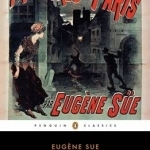
Mysteries of Paris
Book
The first new translation in over a century of the the brilliant epic novel that inspired Les...
